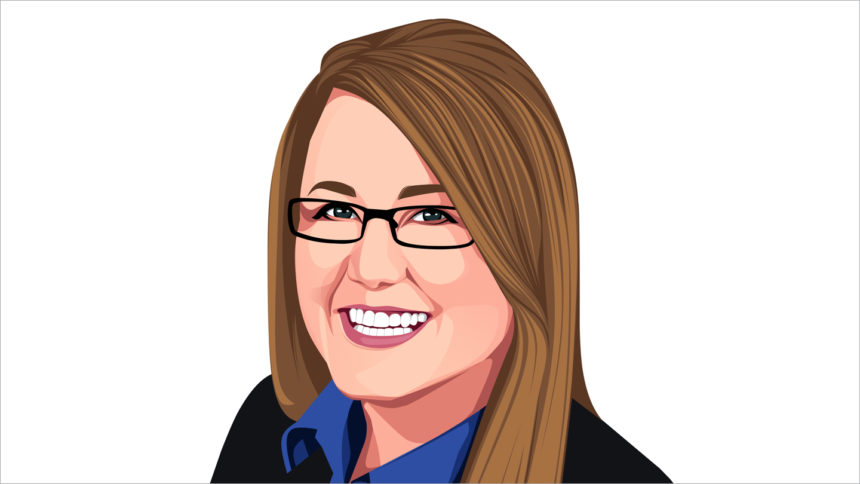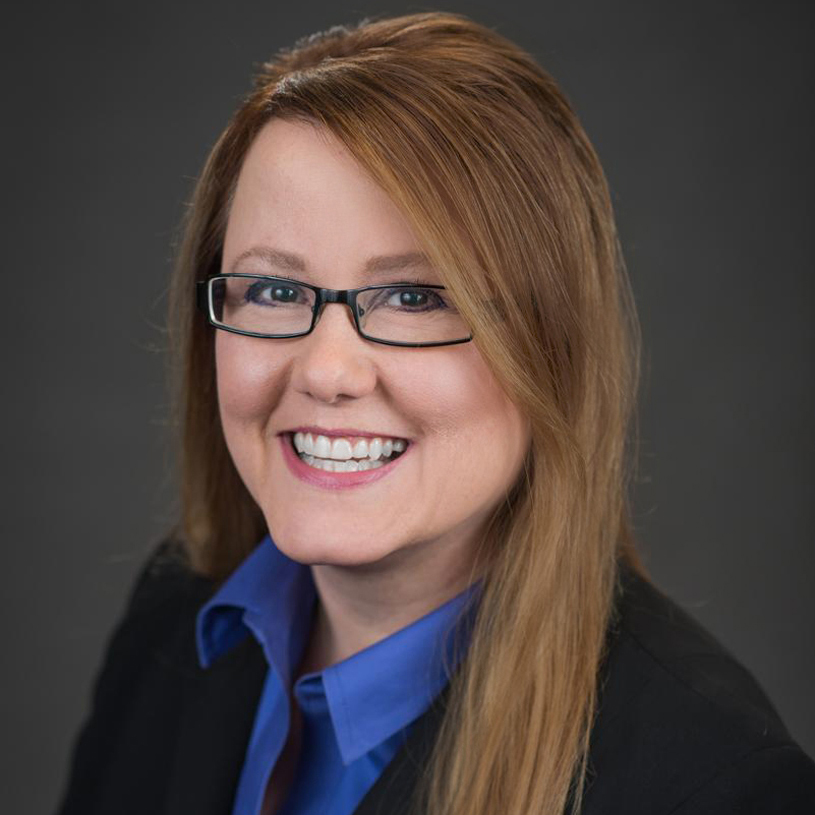

About a month ago, I wrote about the Reframing Aging Initiative, being led by the Gerontological Society of America on behalf of the Leaders of Aging Organizations collaborative, which includes LeadingAge and eight other groups in addition to GSA.
The initiative advocates for the use of certain language regarding aging in hopes of improving the general public’s understanding of aging and the ways that older people contribute to society.
A recently published study indicates why efforts such as Reframing Aging are so important and adds another reason to redouble our efforts to end ageism. It also adds some potential actions to our collective to-do list.
When researchers analyzed data from more than 2,000 people aged 50 to 80 from the National Poll on Healthy Aging, they found that older adults who had experienced more “everyday ageism” — defined as age-based discrimination, prejudice and stereotyping in their day-to-day lives — were more likely to be in poor physical or mental health, to have more chronic health conditions such as such as diabetes or heart disease, or to show signs of depression.
“These findings raise the question of whether aging-related health problems reflect the adverse influences of ageism and present the possibility that anti-ageism efforts could be a strategy for promoting older adult health and well-being,” said Julie Ober Allen, Ph.D., MPH, of the Department of Health and Exercise Science at University of Oklahoma. The first author of the study, Allen worked on the survey during her time as a postdoctoral fellow at the Population Studies Center at University of Michigan’s Institute for Social Research.
Although Allen says that more research is needed, the study points to actions we can take now — or avoid now — to help residents or other older adults remain physically and mentally healthy.
Some findings:
- 83% of the people surveyed described their own health as good or very good, but they agreed with the statement that “having health problems is part of getting older.” They also internalized statements that feeling lonely, or feeling depressed, sad or worried, are part of getting older.
- 65% of the older adults said they regularly see, hear or read jokes about older people or messages that older adults are unattractive or undesirable.
- 45% of respondents said they regularly feel that someone else has assumed that they were having trouble with using technology, seeing, hearing, understanding, remembering or doing something independently – or felt that they don’t do anything valuable.
Some actions we all can take:
- Avoid automatically associating aging with health problems or feeling lonely, depressed, sad or worried — even when speaking about ourselves in a joking manner — to help society in general and older adults in particular stop connecting getting older with becoming less healthy.
- Stop joking about older adults being unattractive or undesirable.
- Don’t automatically make assumptions about older adults, including their ability to use technology, see, hear, understand, remember or do something alone.
- Acknowledge the vitality and value that older adults bring to life.
Let’s stop and think about what we think and say.
Read more about the study in JAMA Open Network.
Lois A. Bowers is the editor of McKnight’s Senior Living. Read her other columns here.

